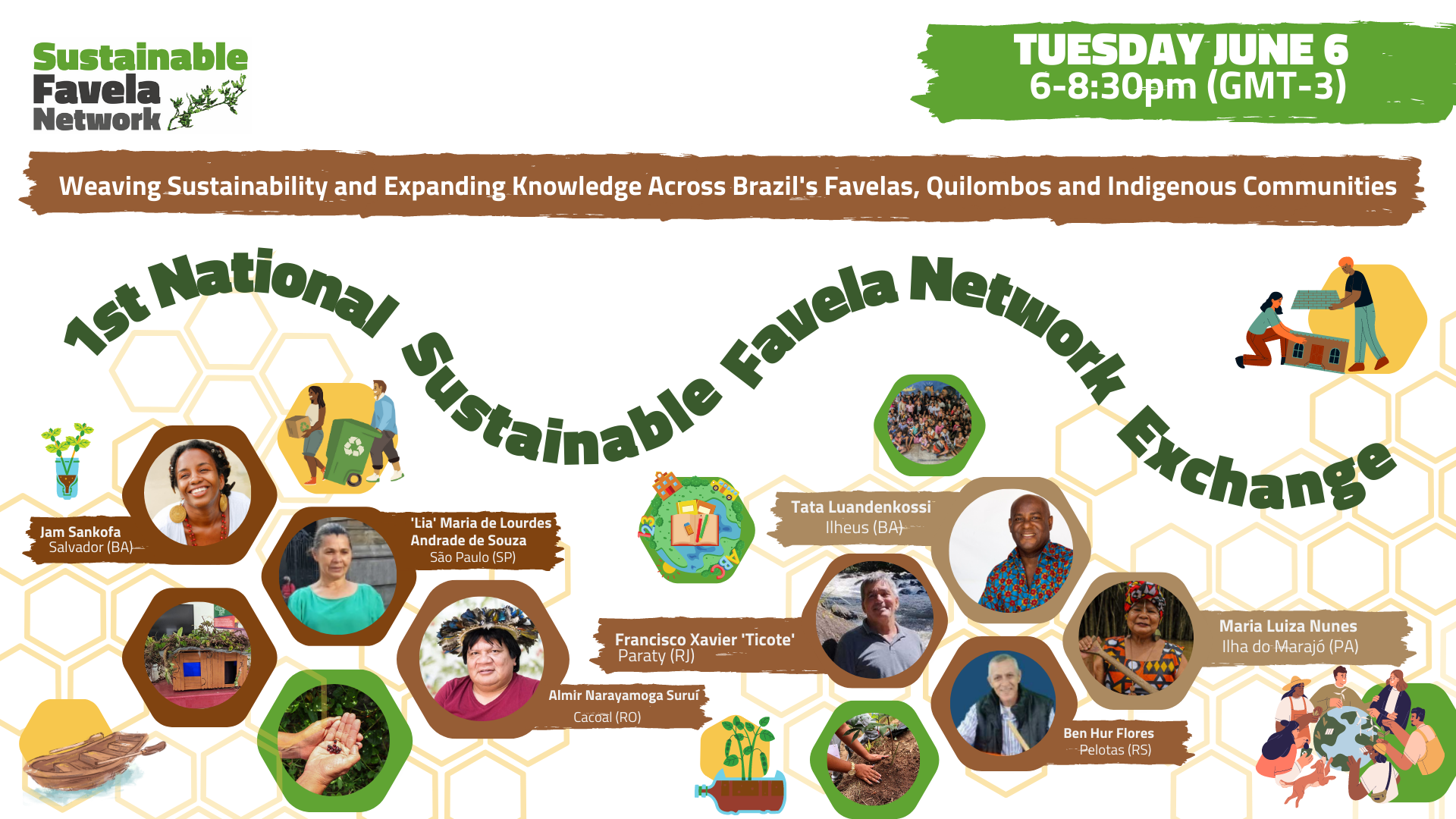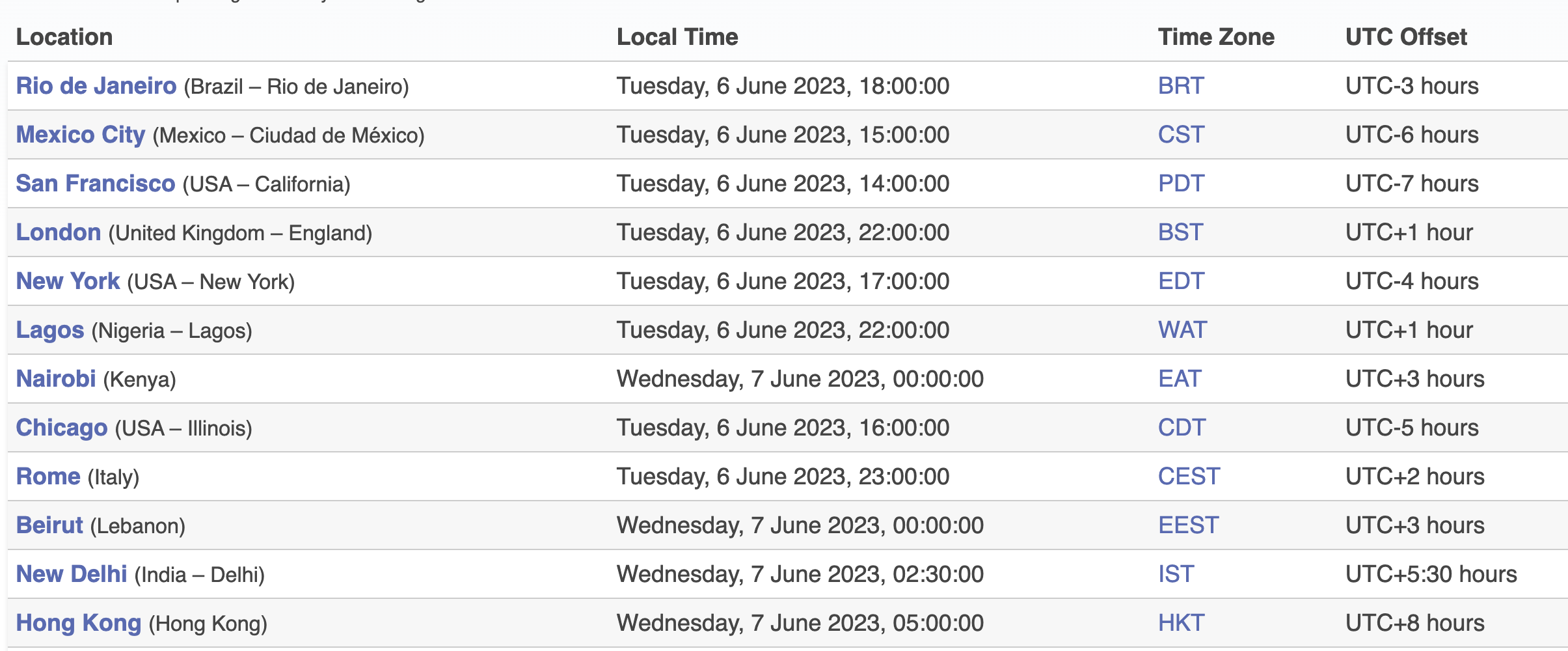Sign Up: 1st National Sustainable Favela Network Exchange with Indigenous, Quilombola Leaders (English/Spanish on Zoom)
You are invited to the first ever national exchange of the Sustainable Favela Network! Join us on Zoom (Portuguese, English and Spanish) and YouTube (Portuguese) on Tuesday, June 6, for an inspiring knowledge exchange and cultural circle with the participation of grassroots organizers from favela, indigenous, quilombola and fishing communities across six Brazilian states, working on diverse socio-environmental themes. Simultaneous interpretation will be available from Portuguese to English and Spanish. All members of the public are welcome!
Tuesday, June 6 from 6-8:30pm (UTC -3)
(see chart at the end of this message for time zone conversions)
Confirmed Special Guests:
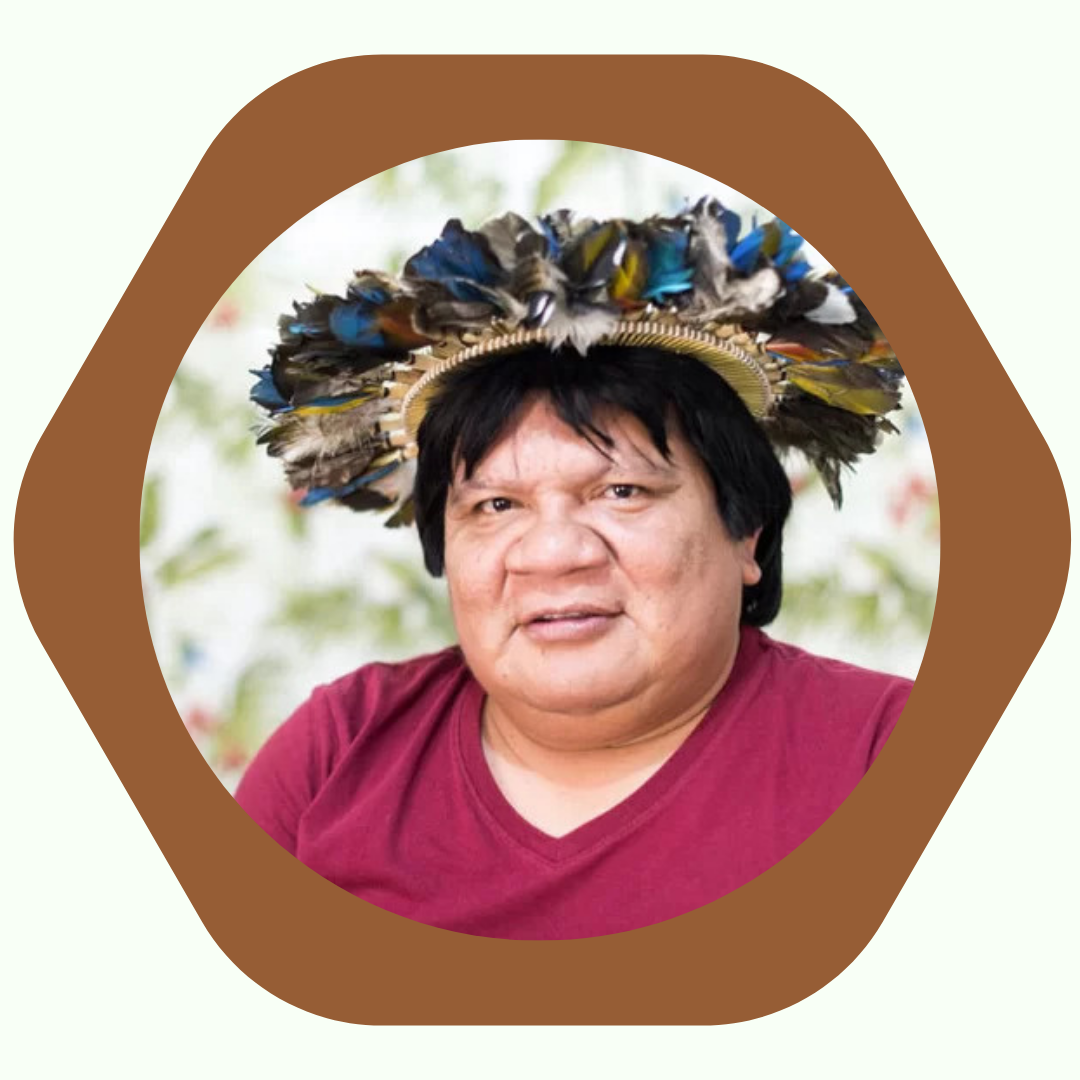 Almir Narayamoga Suruí, Suruí Carbon Project
Almir Narayamoga Suruí, Suruí Carbon Project
Sete de Setembro Indigenous Lands, in Cacoal, RO, Brazil
Leader of the Suruí people on the Sete de Setembro Indigenous Lands, in Cacoal (Brazilian state of Rondônia), Almir is internationally known for his fight against landgrabbers, loggers and mining companies on his ancestral lands. At COP15 he presented the award-winning Surui Forest Carbon Project, the first of its kind to reduce emissions from deforestation proposed on indigenous lands. Popularly known as Brazil’s most entrepreneurial indigenous leader, he carries the flag of human and environmental rights within the global climate debate and in pursuing possibilities for a more sustainable development.
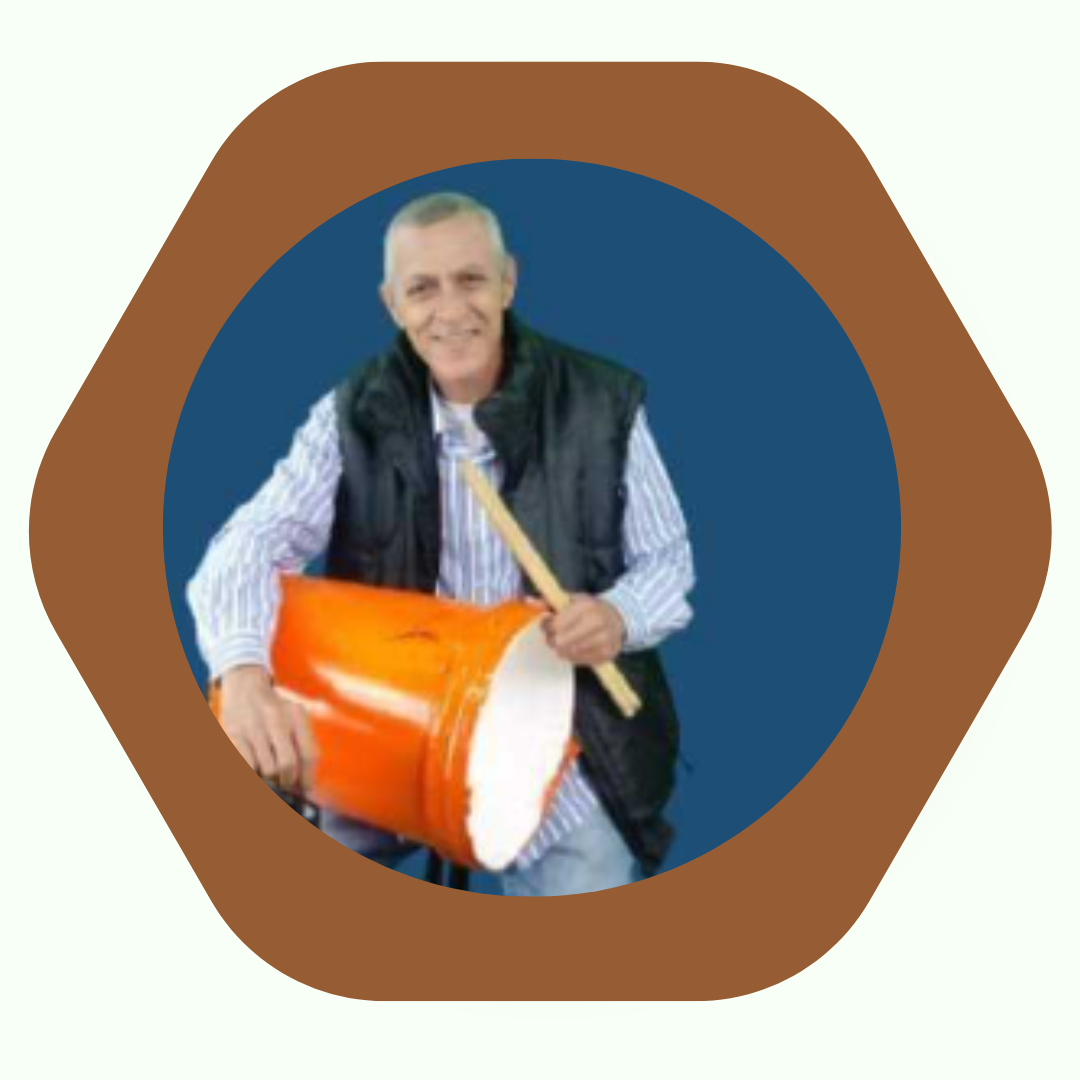 Ben Hur Flores, Angels and Cherubs Project
Ben Hur Flores, Angels and Cherubs Project
Pelotas, RS, Brazil
Actor and percussionist, Ben is 54 years old, visually impaired, and the founder, coordinator, and president of the NGO Anjos e Querubins, which conducts musical education projects in the community of the Getúlio Vargas subdivision in Pelotas (Brazilian state of Rio Grande do Sul), and participates in the Afrobeat Popular Orchestra. Using alternative materials such as buckets, cans, and pot lids, he created an identity for the NGO and connected it to the theme of sustainability and solid waste, winning over 20 awards and the title of public utility.
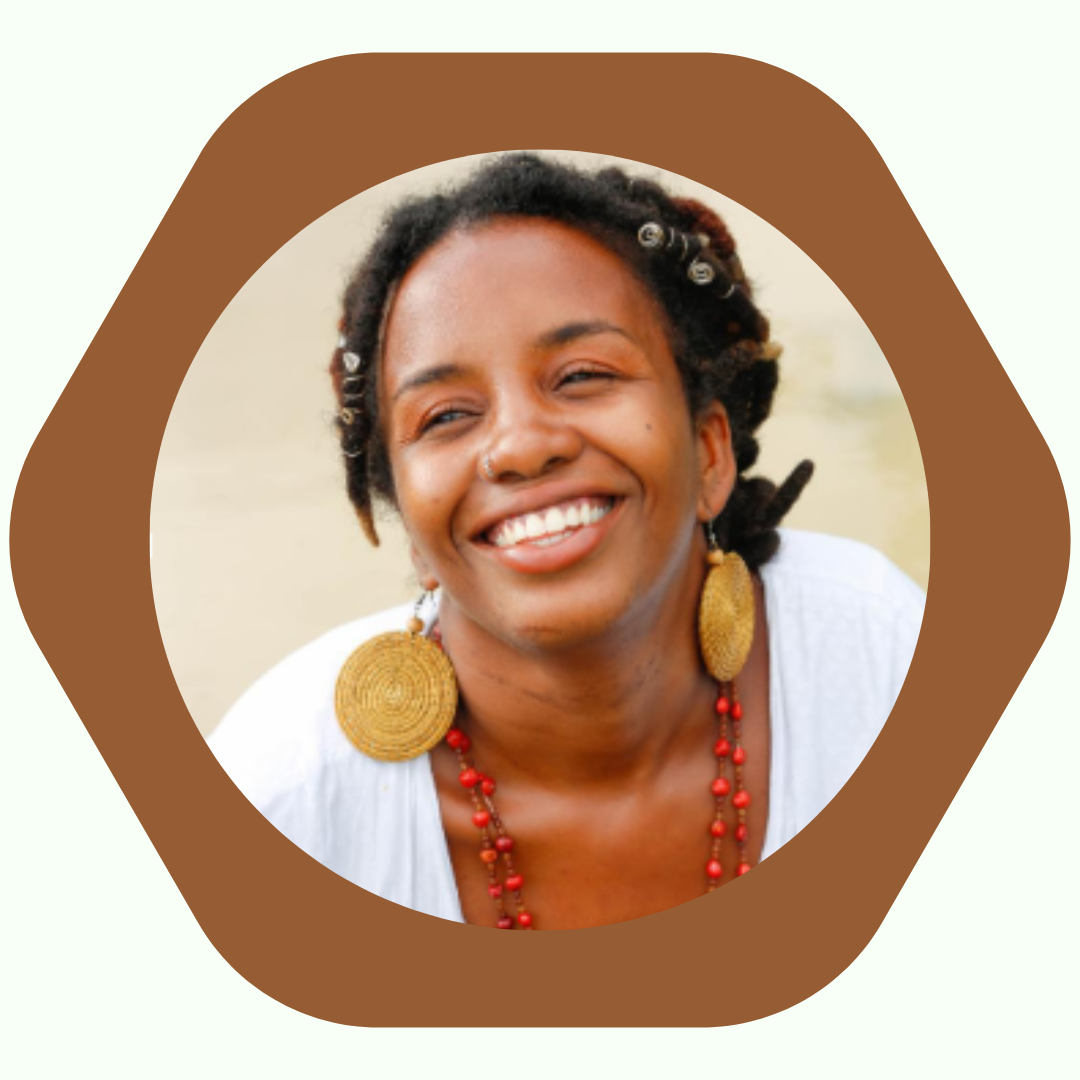 Jam Sankofa, AfroCiclos
Jam Sankofa, AfroCiclos
Salvador, BA, Brazil
A Black woman, born and raised in the periphery of Guine, in Pernambués, one of the blackest neighborhoods of Salvador (Brazilian state of Bahia), Jam is a mobility activist. Holding a degree in Humanities, she researches the eugenicist urbanization of Brazilian cities. She created ‘Preta, Vem de Bike’ (Black Woman, Get Your Bike), a project to teach and encourage her peers to ride. Co-founder and coordinator of Afro Ciclo, a collective mobilization network and community-based social project that pursues sustainable mobility, she works for the social transformation of segregated communities in the Recôncavo Baiano region, developing bike activism with a racial perspective.
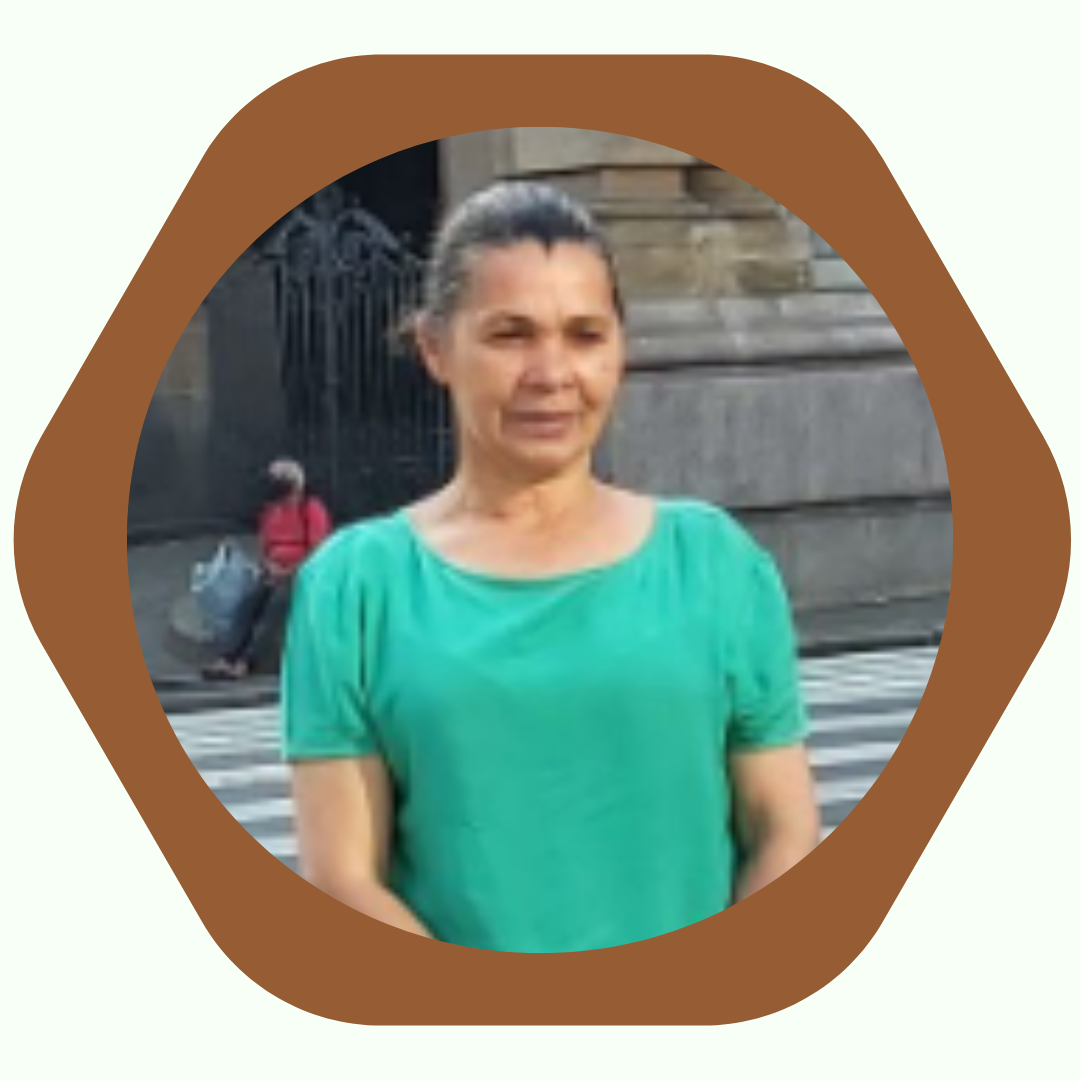 ‘Lia’ (Maria de Lourdes) Andrade de Souza, Vila Nova Esperança
‘Lia’ (Maria de Lourdes) Andrade de Souza, Vila Nova Esperança
São Paulo, SP, Brazil
A community leader for over 12 years, Lia founded the institute that bears her name in 2018 to educate residents of her Vila Nova Esperança favela about the environment and how to access healthy food. She was born in Itaberaba, Bahia. She obtained the “Connect the Dots” seal in 2020 from the São Paulo Economic Development Secretariat the community garden she manages. Member of the Women of Brazil Committee, she is today a reference in urban agriculture, regularly invited to give talks, seminars and interviews for newspapers and magazines.
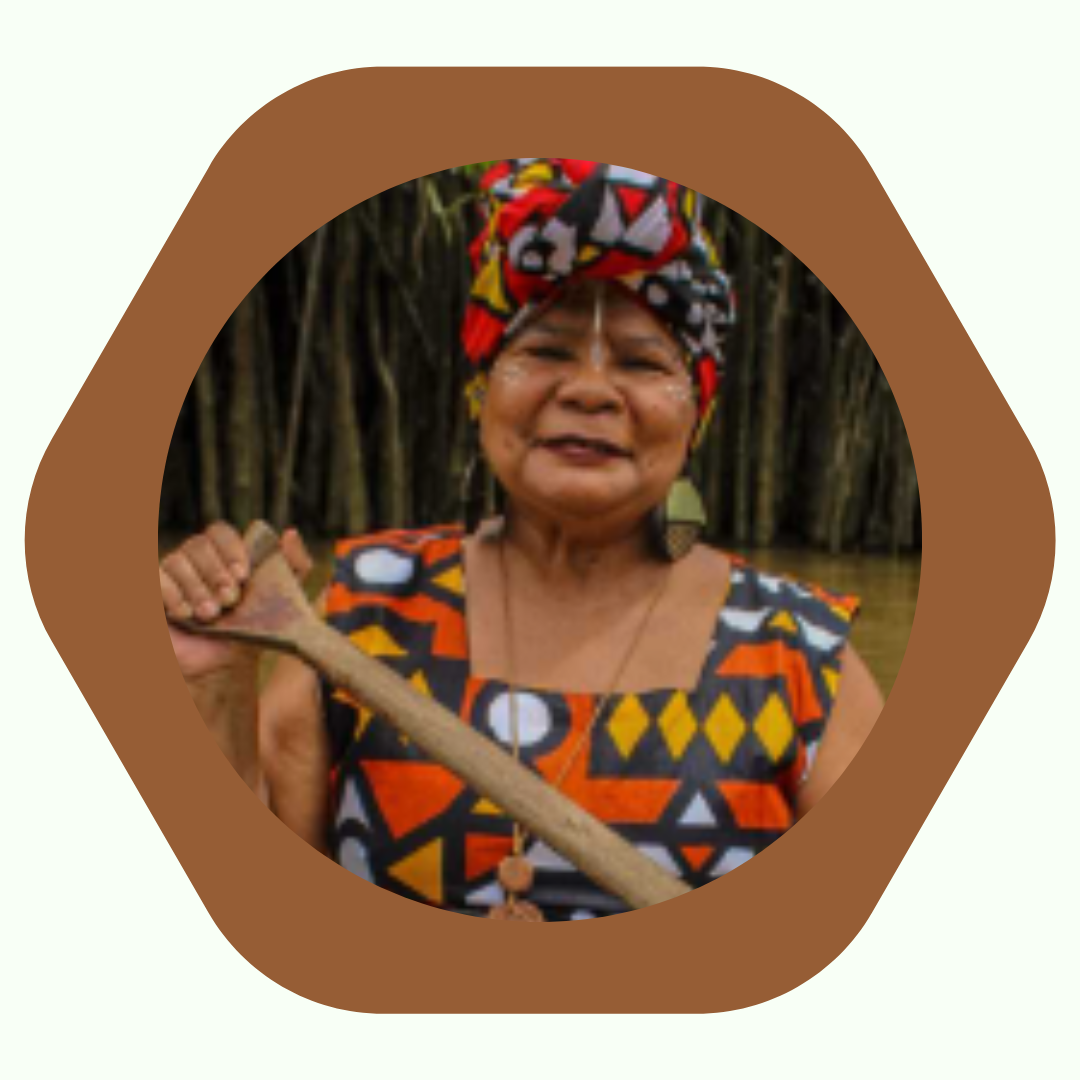 Maria Luiza Nunes, Quilombo Boca da Mata
Maria Luiza Nunes, Quilombo Boca da Mata
Marajó Island, PA, Brazil
Quilombola from Boca da Mata, a quilombo on Marajó Island (Brazilian state of Pará), Maria Luiza is a founder of the Black women’s Amazonian collective, Coletivo Pretas Paridas da Amazônia, and an activist within the Fulanas Herdeiras Network. An activist, she fights for the expansion, valorization, and visibility of Black women in entrepreneurial spaces. The collective she helped found develops products and services linked to the community’s history, searching for wellbeing through ancestral knowledge. She is also a member of the Solidarity Economy Forum of Pará.
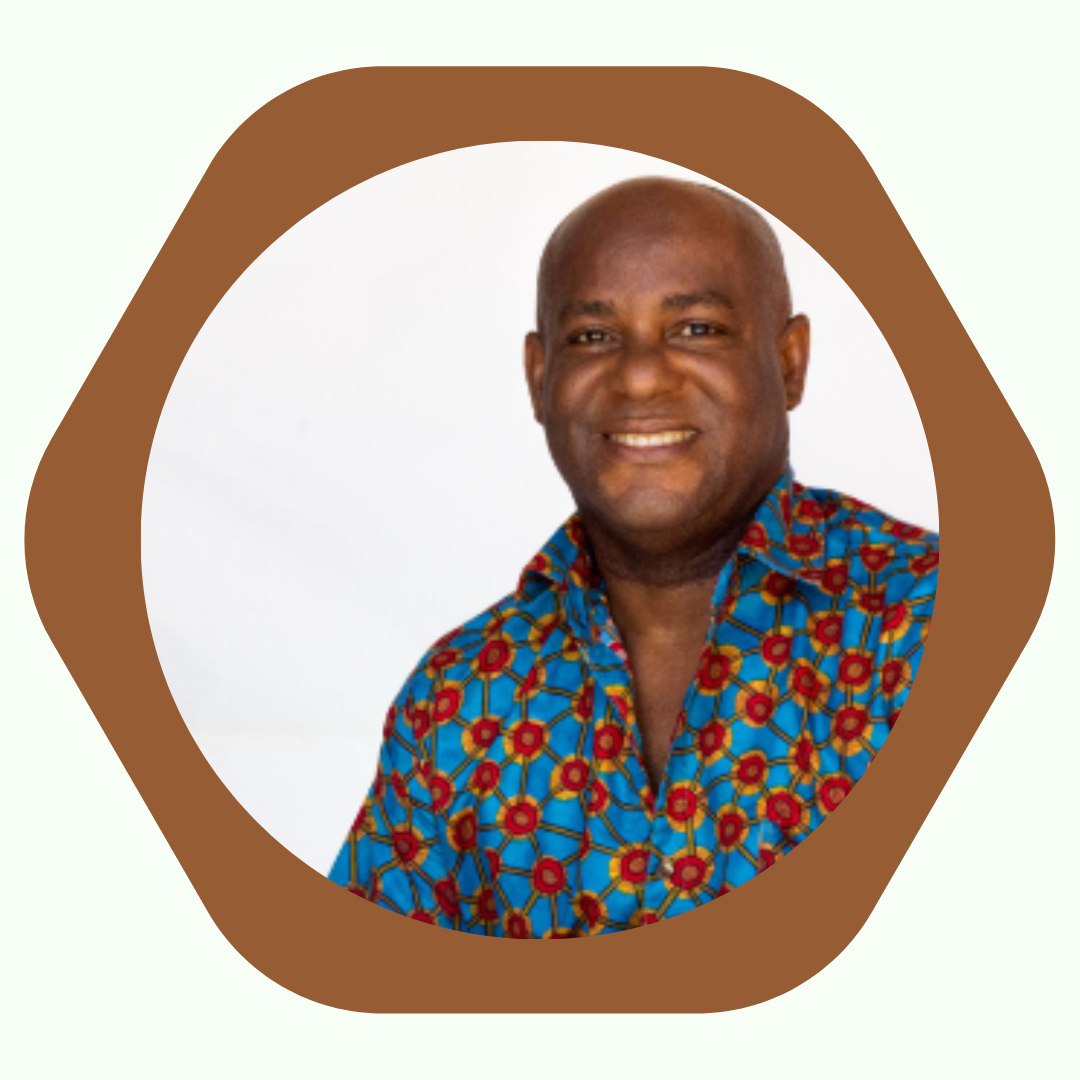 ‘Tata Luandenkossi’ (Marinho Rodrigues), Dilazenze Black Culture Preservation Group and the Gongombira Culture and Citizenship Association
‘Tata Luandenkossi’ (Marinho Rodrigues), Dilazenze Black Culture Preservation Group and the Gongombira Culture and Citizenship Association
Ilhéus, BA, Brazil
Tata is a religious leader in the Angola nation terreiros in the Brazilian state of Bahia, specifically one of the oldest, the Terreiro de Matamba Tombenci Neto (dating from 1885). He is among the founders of the Dilazenze Black Culture Preservation Group and chaired the Council of Afro Cultural Entities of Ilhéus. He created the Gongombira Culture and Citizenship Association and the Unzó Tombenci Neto Memorial, the first of African origin in Bahia’s countryside, which is part of the Ilhéus Museum Circuit.
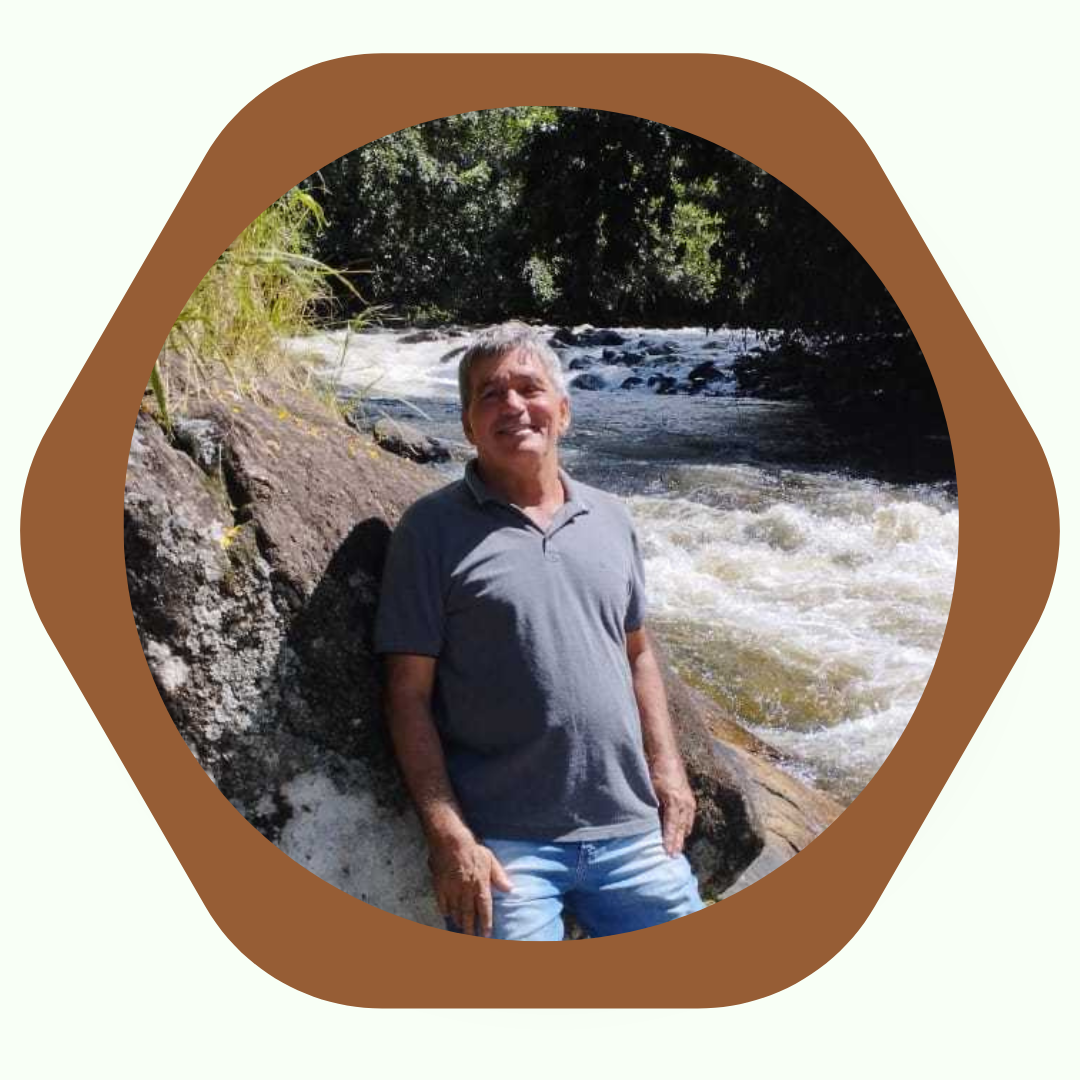 ‘Ticote’ (Francisco Xavier Sobrinho), Pouso da Cajaíba Residents’ Association
‘Ticote’ (Francisco Xavier Sobrinho), Pouso da Cajaíba Residents’ Association
Cajaíba, Paraty, RJ, Brazil
Born and raised in the caiçara (traditional fishing) community of Pouso de Cajaíba, in the Juatinga Ecological Reserve, Paraty (state of Rio de Janeiro), Ticote is the fifth generation of his family in the community, and now 63 years old. He is a leader of his community’s residents’ association, fisherman, farmer, permaculturalist, founder of Ipeca (Caiçara Permaculture Institute), leader in the Traditional Indigenous, Quilombola, and Caiçara Community Forum (FCT), and researcher with the Bocaina Sustainable Healthy Territory Observatory (OTSS), which aims to promote the development of sustainable strategies, health, and rights for the wellbeing of traditional communities in their territories.
Event Schedule:
SESSION 1: Introductions
Each special guest will have a few minutes to introduce themselves and their initiative and answer questions about their initiatives by community organizers from Rio’s Sustainable Favela Network.
SESSION 2: Debate
We will debate the theme of sustainability with questions posed by Sustainable Favela Network organizers and special guests, based on the themes of: 1) Climate Justice; 2) Sustainable Housing; 3) Food Sovereignty; and 4) Socio-environmental Education.
SESSION 3: Cultural exchange
Open dialogue promoting cultural exchange, artistic-sensitive exhibition space, with collective reflections and provocations. This moment will be guided by the following questions: What is your community/favela to you? What memories of your territory would you most like others to share? What is the greatest power of your territory? What brings your community together?

